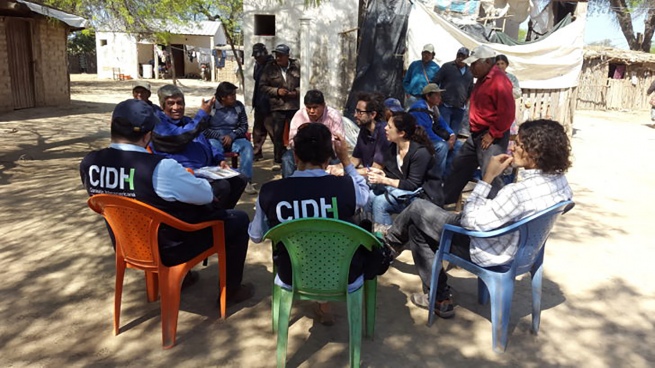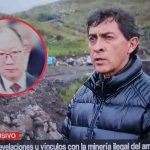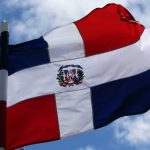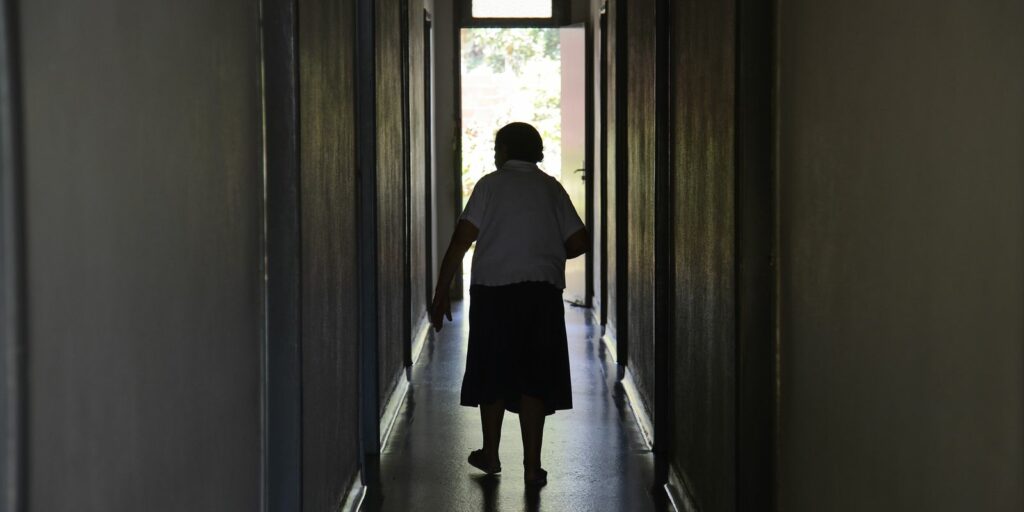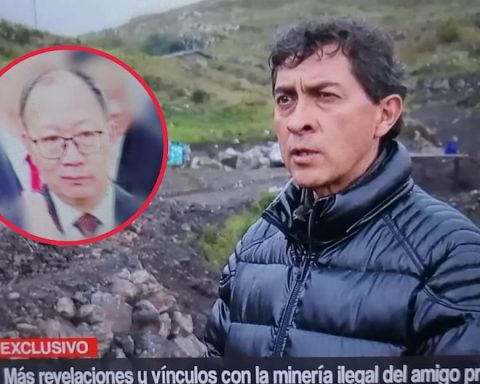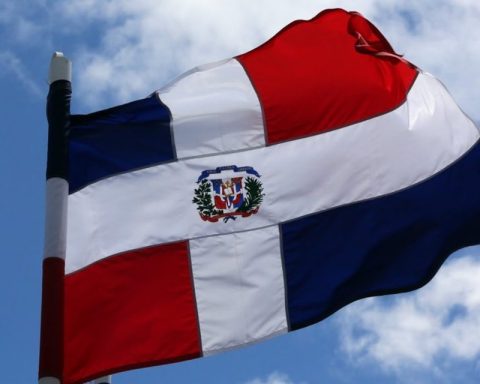The tasks of delimitation and demarcation of the indigenous territory in the Chaco of Salta, which began this week, will allow the titling of the lands for the original communities of that region and constitute “an unprecedented solution” in Argentina in terms of ancestral rights, according to Télam. Nicholas Rapetti, chief of staff of the Human Rights Secretariat.
the official He is also the head of the Execution Unit of the judgment of the Inter-American Court of Human Rights. (Court-IDH) that in 2020 urged the Argentine State to grant a collective property title, over 400 thousand hectares located in the northeast of the province of Salta, to the communities that make up the Lhaka Honhat Aboriginal Association.
“The province has already publicly stated several times that its intention is to hand over the title to Lhaka Honhat before the term ends, and that would be a historic event because it would be a solution that is unprecedented in Argentina,” Rapetti said.
The delimitation and demarcation tasks began last Monday, within the framework of a comprehensive plan that the State applies to comply with that decision of the Inter-American Court.
About the Lhaka Honhat Aboriginal Association
Lhaka Honhat brings together 132 communities of the Wichí (Mataco), Iyjwaja (Chorote), Komlek (Toba), Niwackle (Chulupí) and Tapy’y (Tapiete) ethnic groups, who have formally claimed ancestral lands since 1984, and that in 1998, with the representation of the Center for Legal and Social Studies (CELS), filed a complaint with the Inter-American Commission on Human Rights (IACHR) and which concluded with this ruling by the Inter-American Court.
The disputed territory is currently occupied by Creole populations, whose ancestors came to the region integrating Anglican missions that settled in the area at the end of the 19th century.
One of the tasks that must be carried out as part of the fulfillment of this judgment is relocate these Creole populations in provincial lands that have an area of 243 thousand hectares.
The Execution Unit of the Judgment -which is within the orbit of the Human Rights Secretariat, and which was created specifically to comply with the ruling- is in charge of coordinating the tasks of delimitation and demarcation of indigenous and peasant territory.
Rapetti affirmed that the objective of the task is that “in a year the communities of Lhaka Honhat be granted” a single title of possession of these lands.
The territorial teams are made up in an interdisciplinary way by geographers, geologists, sociologists and lawyers, and its purpose is to cover both “technical questions related to the land, and problems related to dialogue and consensus between the different communities,” explained Rapetti.
They will also be accompanied by a group of “cultural mediators”, which is made up of Creoles and indigenous people, who according to Rapetti, seek to “promote agreements” in the disagreements that still exist.
“These teams are going around the entire territory, which is vast. They are trying to reach agreements with the Creoles, so that they relocate and free the land,” he remarked.
The objective of the task is that “in one year the communities of Lhaka Honhat will be awarded”
At the same time, he confided that there are already families that “began to relocate” encouraged because “they do not have any title to the land on which they live.”
In this sense, he explained that these groups must relocate to “a territory that is half as large”, so it is necessary for the State to guarantee them “improve the productive capacity of the land” to which they will move.
“There is a promise from the State about things that are going to be done, but that are not yet noticeable. That is why it is important that signals begin to be given to continue advancing,” said Rapetti, who affirmed that with the beginning of the tasks of demarcation and delimitation is going “in that direction”.
“Until now we went, talked and proposed, but since last Monday a specific task began with which we all agreed,” said the official.
The work started is part of the “Territorial Axis” developed by the Executing Unit as part of the comprehensive plan in response to the Inter-American Court ruling, which was previously submitted to a prior, free and informed consultation with the social actors involved. From that consultation, the indications were later collected and added to the project.
Also, the official highlighted the “dialogue of many decades” between the indigenous communities and the Creole families to achieve “the resolution of this conflict”.
Rapetti recognized that the solution “is not at all simple because a lot of people, who have been living in the place for generations, have to leave everything and go,” but he considered that since the interest of an economic group did not exist in the disputes, the negotiations “are made easy”.
“The indigenous communities are bad. But the Creoles are not landowners. They are people who live by what they do,” the official distinguished, and assured that for this reason, and “despite the complexities, the solution has a near horizon.”
“The indigenous communities are bad. But the Creoles are not landowners. They are people who live from what they do”
In addition, Rapetti valued the “coordination” work carried out by the Executing Unit and stressed that “it is an experience that marks a precedent, that if it works well, it can be applied to other cases.”
Along the same lines, he highlighted the “intelligent intervention” of the State “makes resources more coordinated” and highlighted the joint work with the Ministries of Social Development, Agriculture and Public Works.
“One of the main difficulties that we saw at the beginning was that the national and provincial governments intervened in the same area and were not in contact,” he said, recalling the first trips made by the Executing Unit to the province of Salta.
In this way, he highlighted “the interaction between the Nation, province and municipality, which is currently being fruitful”.
In addition, he highlighted the front of all (FdT) as “a political sector that has given a very important role to human rights organizations” and affirmed that the Secretariat “constantly works on friendly settlement agreements.”
“For us, it is important to abide by the ruling. We do not have to reach the point where the State receives a condemnation in international instances. Permanent dialogue with human rights organizations is essential to improve people’s lives,” he said. Rapetti.
